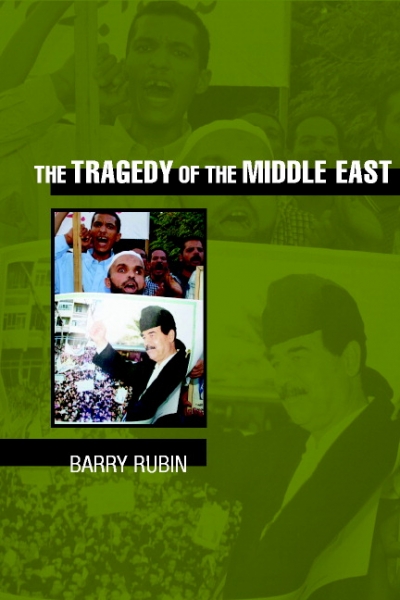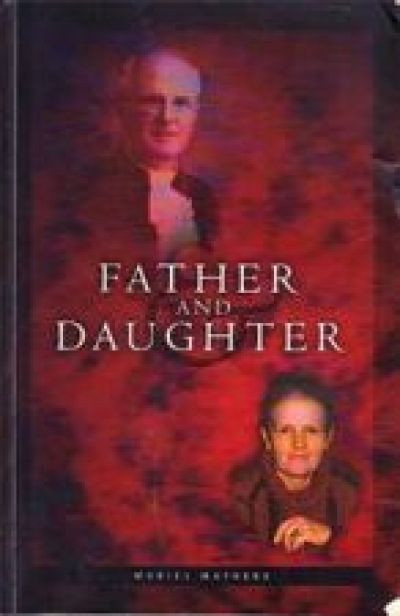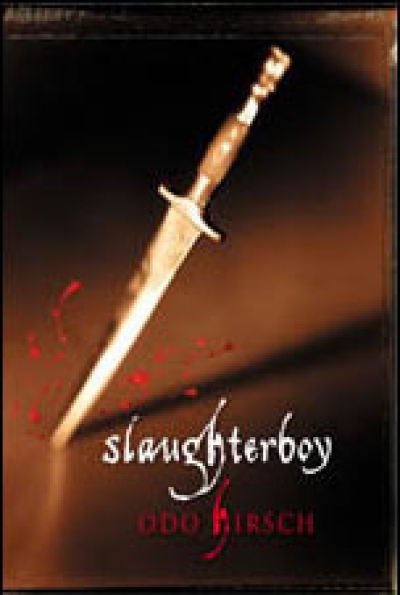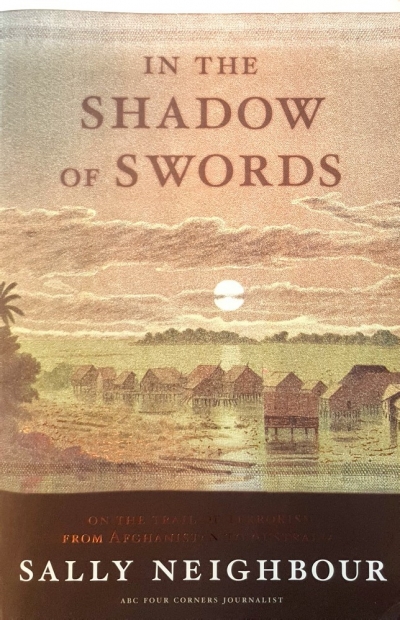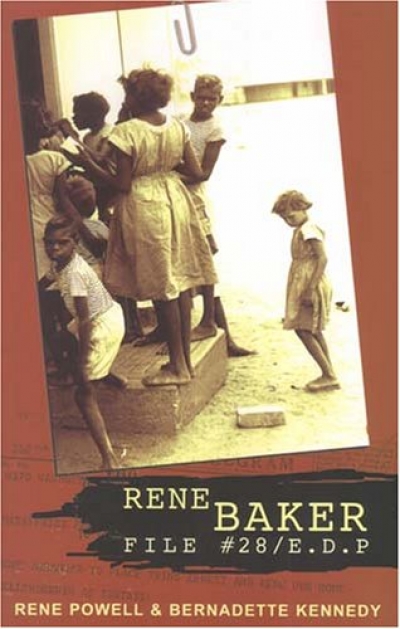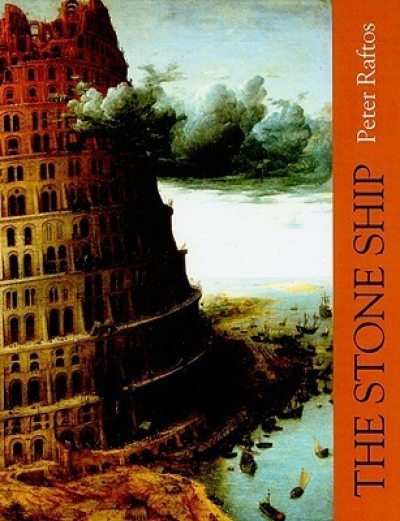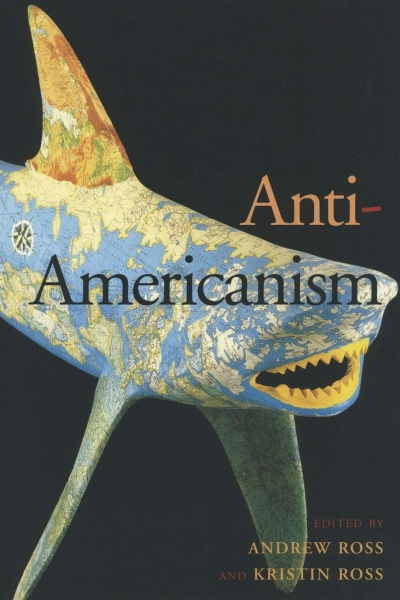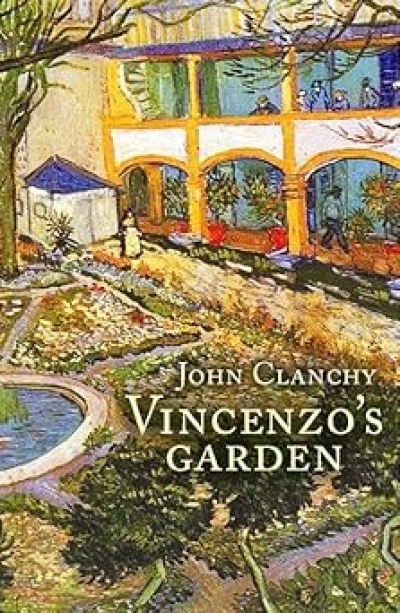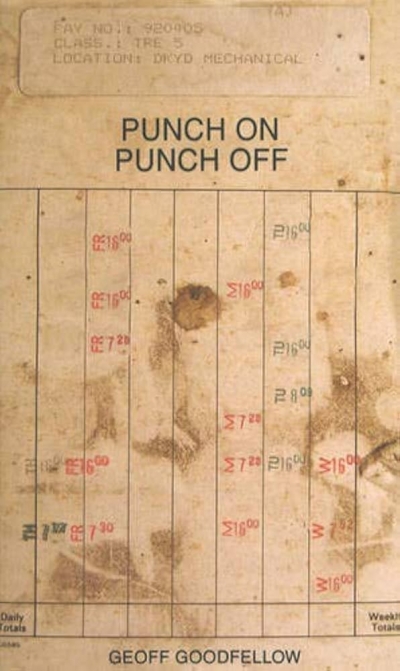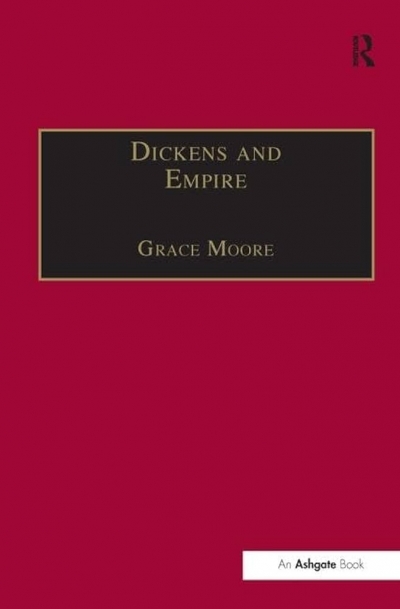These two new collections are both by, and maybe for, believers. They contain passionate and interrogative poems that argue for and celebrate their respective views of the world. Both poets are, to quote Rosemary Sorensen’s term for Goodfellow on the cover blurb, ‘evangelists’ who wear their respective hearts on their sleeves and who urge or invite assent.
Fontanelle, Andrew Lansdown’s seventh collection, is concerned with the almost ineffable immanent design and intricacy of the natural and experienced world, especially of birds, insects and a young family. The role of the poet here is to explore, describe and celebrate the (almost) sacred in the mundane: ‘The words I’ve been working with / are like running water. All afternoon / I’ve been trying to scoop out / a place for them to settle …’ (‘Home’). Lansdown’s voice is earnest, reverent, wonderstruck. These are Romantic imagist poems in which the poetry defers to the empirical and ontological world: ‘Cicadas have left their cuticles / clinging to the daisy stems: / brown shells, burst at the back / of the thorax’ (‘Emergence’).
...
(read more)

